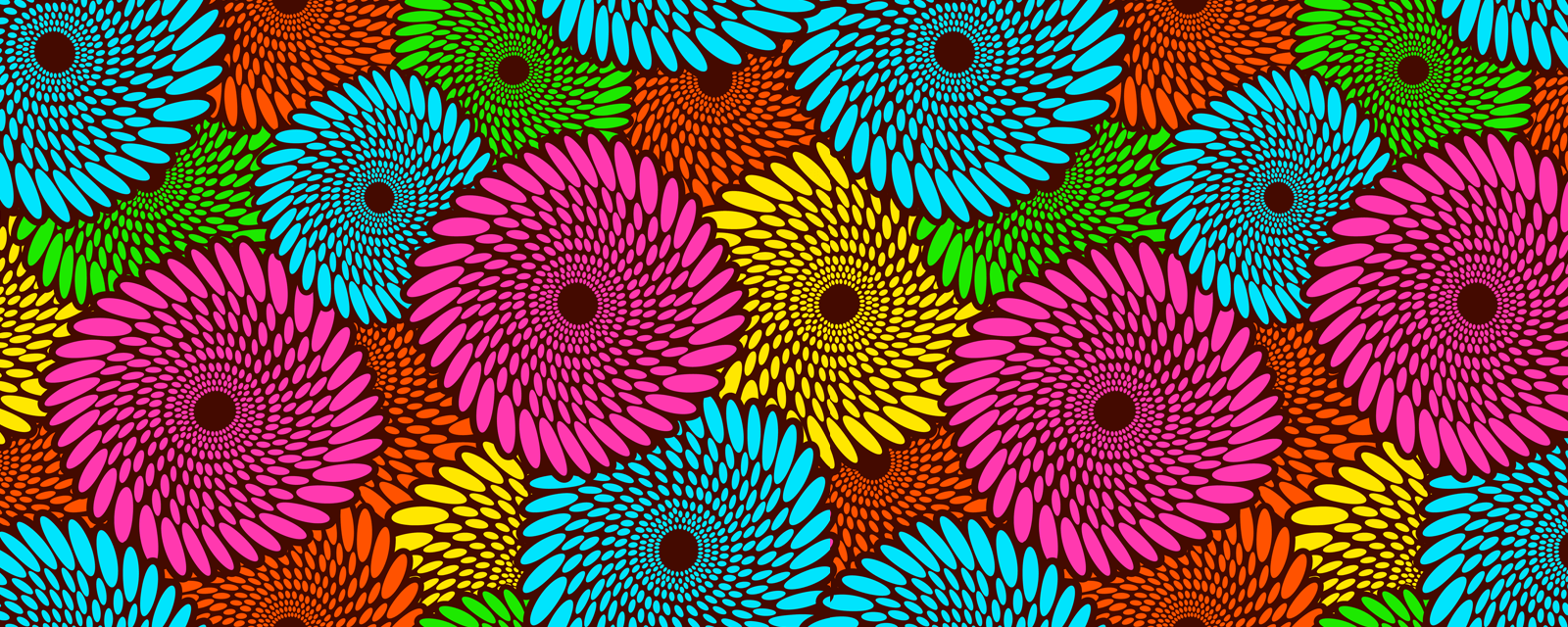A Yorùbá Wedding Song, sung by the bride at the climax of the wedding ceremony, as she leaves her father’s house for her new husband’s, and setting out an ideal vision of her future life. See also Recitation of the Bride.
I loosen my head tie and bow down,
I shall be leaving now.
May the new house suit me,
May I have twenty slaves,
May I have thirty Iwofas, (1)
May I bear sixty and seven times two hundred children.
If I shall have many clothes
To fill the Oke box, (2)
Let not thieves come and steal it
So I may trade and profit.
May I healthy to go and come back.
May always have money.
May have children.
May not smell. (3)
Let the children’s yam be well-cooked for me to eat.
If I ask the Egun of this compound to follow me my husband’s house, (4)
He will have to turn back at the arch.
Only one’s head follows one into one’s husband’s house, (5)
Only one’s head follows.
If one wears a costly crown,
Only one’s head follows.
If one holds a beaded sceptre
Only one’s head follows.
The head of the dove accompanied it before it could sell cloth. (6)
Let my head follow.
H.U. Beier,
“Yoruba Vocal Music”,
African Music Society Journal 1.3 (1956) 23–24
Footnotes
- Iwofas: A man who works for a rich man to raise a loan for a poor relative.
- Oke: Her trunk.
- Meaning, may I not fall ill.
- Egun: The masked dancer representing her husband’s ancestor. Even such a revered figure may not intrude on their new privacy.
- One’s head stands here as a symbol of one’s personal good fortune.
- A variant on the Yorùbá proverb “There is no market in which the dove has not traded”. Even the dove that trades everywhere depends on its own good fortune.

